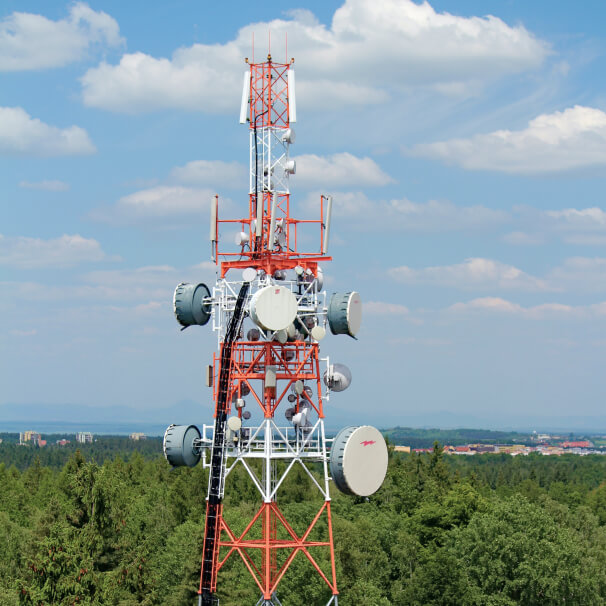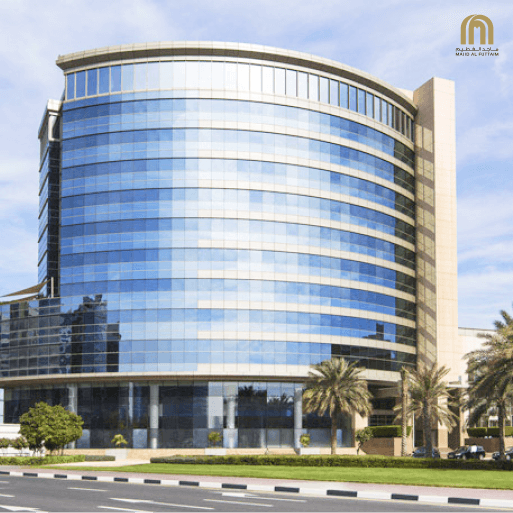Elevating workforce capabilities with robotic process automation


About the client
Located in the Middle East, the client is a global pioneer in integrated real estate development. Focussed on enriching lives through design excellence, the company has been at the forefront of infrastructure planning and project execution for over two decades. Today, it boasts of maintaining several iconic landmarks across the gulf nations in its portfolio.
Abstract
As a flagship developer and property manager, the client seeks to differentiate itself based on quality and timely delivery. It values low turnarounds and swift operational responses that can continuously define the standard for exceptional cultural, entertainment, and leisure experiences. However, its backend processes, being manually driven, have not been in conformance with this aspiration. Consequently, it must look for a reliable RPA partner to automate its business processes and reinvent the ways it works.
Business challenges
The developer maintains an impressive bouquet of hospitality, leisure, and commercial assets and has made significant contributions to transforming urban spaces across the cities in the Middle East into sustainable, healthy, and vibrant locations of the future. However, its work culture was yet to step into the Digital Age and embrace its possibilities for operational transformation. Perceiving the apparent gap, its leadership sought reliable technical intervention to address pain points, including:
- Excessive engagement of its manual workforce into mundane and repetitive tasks, leaving little room for strategically rewarding ones like customer relationships and brainstorming for new ideas
- Complex and protracted workflows like downloading procurement catalog files, filtering for global locations, buyers, and material statuses, then verifying dollar-value thresholds against catalogs, leaving many windows for exceptions
- Prohibitively high operational costs and longer response cycles due to manual process drives
Our approach
The PiServe consultants thoroughly assessed the client’s requirements and the existing workforce practices. The team immediately detected considerable scope for flexing our Robotic Process Automation and Application Development capabilities, which are trusted across industries by companies looking to scale processes with speed and agility. Pinpointing the areas of intervention, our RPA engineers collaborated with the client’s stakeholders in designing a bot.
As a Key Performance indicator, it was mutually agreed that alongside speed, the new system should be able to deliver outcomes without variations or distractions. Accordingly, the PiServe team delivered an RPA system for the client that, among many things, can automatically:
- Download files, navigate to web pages, filter for particular items, verify dollar values, validate request types, and compare prices against active catalogs
- Toggle among spreadsheets, web browsers, and ERP systems for the copying and pasting of data across various system environments
- Send responses over emails using a combination of updated numbers and mail templates
Implementation of RPA to effectively alleviate consistency issues in backend processes and allow the resources to invest more time and effort in strategic roles.

The result
By successfully handing over repetitive and time-consuming tasks to algorithms, the PiServe team brought more than a few good news for the client. The RPA implementation led to a sea change in the work culture of the company, characterized by:
Workforce optimization
By saving the hours otherwise spent on low-value, high-volume tasks, the client’s employees can now spend more time on exciting, value-added activities. It allows them to get more done within finite business hours.
Precision outcomes
By removing human intervention from tedious work, radical improvement was recorded in the data processing accuracy.
Catalog automation
Keeping the service catalog fresh and updated to avoid old and misquoted prices has been the elephant in the room. However, the issue was resolved through RPA, allowing the company to keep the catalog continuously active and updated in real-time.
The future
The client’s implementation of RPA to elevate its backend processes was a leap in the right direction, allowing it to modernize and be future-focussed. As industry experts, we feel that the move is in tune with the emerging trends, not only in real estate but also across other sectors where RPA is making steady inroads to automate use cases like:
Supply chain
Supply chain functions involve a high volume of structured data and extensive use of ‘if/then actions’ for event-driven processing. These make them suitable for disruption through algorithm-based RPA.
Data visualization
Automatically correlating colossal data sets to derive insights.
Planning, inventory, and order management
RPA can easily automate the generation of critical metrics like inventory turnover and forecasting while managing order diagnoses and disputes or tracking order complaint management.
Logistics
RPA can drive down transportation costs by continuously tracking, comparing, auditing, and analyzing data that would require hours of employee time filtering and making pivot tables.
Case Studies
Let our work do the talking
Learn about the instances where we were able to create an impact, raising the bar on the standards we set for ourselves.

PiServe — Revolutionizing the versatility of technology in the corporate world
Curated Technologies. Design at Heart. Rapid business Transformation
Insights
The information technology times
Have a read on groundbreaking figments of imagination of the brightest minds that have been brought to life.
How can we help you?
Get in touch and let’s find out how we can curate our offerings to match your organization’s needs.
Get in touch








